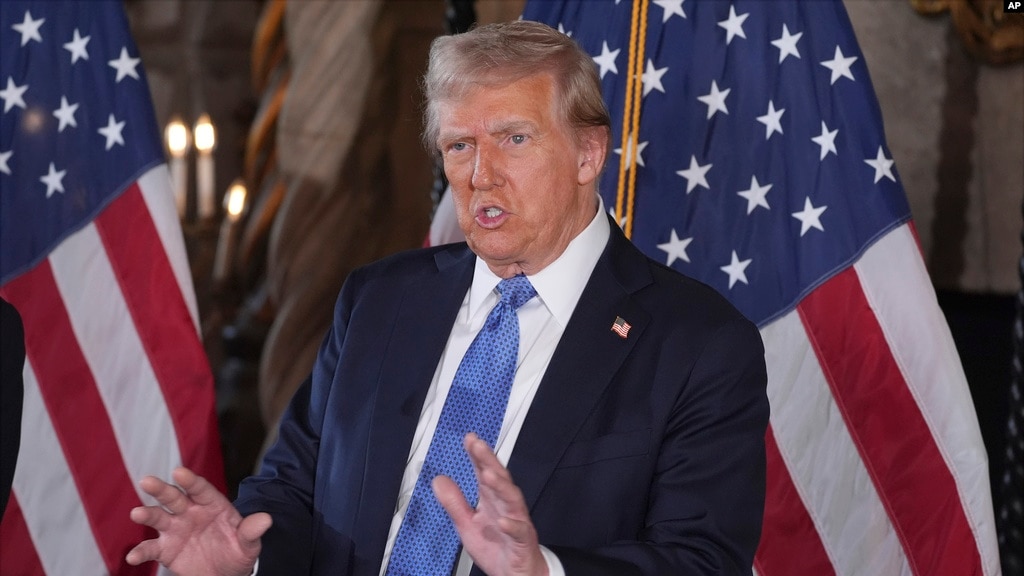Escalation After Pahalgam Terror Attack
The recent Pahalgam terror Attack in Jammu and Kashmir has heightened tensions between India and Pakistan, with social media posts on X indicating strong sentiments about potential retaliation. The attack, which occurred in April 2025, has been widely condemned, and India has accused Pakistan of supporting terrorism, a charge Pakistan denies. Posts on X suggest India has taken diplomatic measures, such as suspending the Indus Waters Treaty and closing the Attari-Wagah border, fueling speculation about whether India will start war against Pakistan.

Indian government sources, as reported by The Indian Express, indicate that military options are being prepared, including the potential use of stand-off weaponry. However, these reports remain unconfirmed, and no official statement from the Indian government has declared intent to initiate a full-scale war. The question remains: Will India start war against Pakistan? The current situation suggests a focus on diplomatic and targeted military responses rather than all-out conflict.
The Role of FATF in the Conflict
The Financial Action Task Force (FATF) plays a significant role in the geopolitical dynamics between India and Pakistan. Pakistan has been on the FATF grey list for deficiencies in combating terror financing, a point India frequently highlights in international forums. Posts on X suggest India may leverage FATF to pressure Pakistan further, potentially pushing for stricter sanctions or a return to the black list. This could economically isolate Pakistan, making it a critical tool in India’s diplomatic strategy.
However, FATF’s role is limited to financial oversight and does not directly influence military decisions. Its actions could exacerbate Pakistan’s economic challenges, indirectly affecting its ability to sustain prolonged tensions, but there is no evidence that FATF would play a direct role in any potential India-Pakistan conflict.
China’s Strategic Interests in the Region
Following the Pahalgam terror Attack on April 22, 2025, which killed 26 tourists in Indian-administered Kashmir, tensions between India and Pakistan have escalated, raising questions about whether India will start war against Pakistan. China’s role in the India-Pakistan conflict is shaped by its strategic partnership with Pakistan, economic investments, and its rivalry with India. China has significant interests in maintaining stability in South Asia to protect its investments, particularly the China-Pakistan Economic Corridor (CPEC), a flagship project of its Belt and Road Initiative that runs through Pakistani-administered Kashmir.
China’s close alliance with Pakistan, described as an “all-weather” relationship, includes defense cooperation and economic support. In February 2025, Pakistani President Asif Ali Zardari visited China to advance CPEC projects, reinforcing mutual support. However, China’s publicly stated position, as noted in posts on X, emphasizes neutrality and restraint, urging both India and Pakistan to avoid escalation.
The China-Pakistan Economic Corridor, a key strategic asset for China, runs through Pakistani-administered Kashmir.
Diplomatic and Economic Influence
China has actively called for de-escalation in the current crisis. On April 27, 2025, Chinese Foreign Minister Wang Yi supported Pakistan’s call for an independent probe into the Pahalgam attack and urged both nations to exercise restraint, stating that conflict does not serve regional stability. This stance aligns with China’s broader goal of maintaining a stable environment for its economic interests, particularly CPEC, which could be disrupted by a full-scale India-Pakistan war.
Economically, China could play a stabilizing role for Pakistan, which faces a strained economy with high inflation and debt. A prolonged conflict could push Pakistan to seek further financial support from China or the IMF, potentially deepening Beijing’s influence. However, China is unlikely to provide direct economic aid for military purposes, focusing instead on protecting its investments.
Potential Military Involvement
While China is unlikely to engage directly in an India-Pakistan conflict, its military support to Pakistan complicates India’s strategic calculations. Pakistan’s arsenal includes Chinese-made weapons, and a conflict could see these assets pitted against India’s mix of Western and domestic hardware, drawing global attention to the performance of Chinese military technology. Historical U.S. intelligence reports from the 1980s and 1990s suggest that Indian strikes on Pakistani nuclear facilities could risk Chinese intervention, though no current evidence indicates China would take such a step.
India’s military is heavily committed along its disputed border with China, limiting its capacity to sustain a two-front conflict. This dynamic may deter India from escalating beyond limited strikes, as China’s presence looms large. Posts on X speculate that China could indirectly support Pakistan by heating up border tensions with India, as seen in past incidents like the 2020 Galwan clash, though no concrete actions have been reported in 2025.
Tensions along the India-China border remain a factor in India’s military planning, April 2025.
Geopolitical Implications
China’s role is further complicated by its rivalry with the United States, which has strengthened defense ties with India, including the U.S.-India COMPACT initiative launched in February 2025. The U.S. has condemned the Pahalgam attack and supported India’s fight against terrorism, potentially giving India more confidence to act. However, China’s backing of Pakistan, including its historical role in advancing Pakistan’s missile programs, creates a counterbalance.
Some posts on X suggest China may be encouraging Pakistan to provoke India to distract from its own economic challenges or to counter U.S. tariffs. However, these claims lack verifiable evidence and contradict China’s public calls for restraint. China’s primary interest appears to be preventing a war that could destabilize its strategic investments and regional influence.
Will Bangladesh Support Pakistan?

Another key question is whether Bangladesh will help Pakistan against India. Historically, Bangladesh’s relations with Pakistan have been strained due to the 1971 Liberation War, while India remains a close ally. There are no credible reports or posts on X indicating Bangladesh’s willingness to support Pakistan in a conflict with India. Bangladesh’s foreign policy prioritizes regional stability and economic cooperation, particularly with India, making it highly unlikely for Dhaka to align with Pakistan in this scenario.
Recent news does not suggest any shift in Bangladesh’s stance. Instead, Bangladesh is focused on domestic issues and maintaining strong ties with India through trade and security cooperation. Any speculation about Bangladesh aiding Pakistan appears to be unfounded and not supported by current geopolitical trends.
Diplomatic efforts continue to address the fallout from the Pahalgam attack.
Conclusion: A Precarious Balance
The Pahalgam attack has brought India and Pakistan to a critical juncture, with the question of whether India will start war against Pakistan dominating discussions. While India’s diplomatic and military preparations signal a strong response, a full-scale war remains unlikely due to the catastrophic consequences for both nations. The role of FATF will likely be confined to economic pressure, and Bangladesh is expected to remain neutral or aligned with India. As the situation evolves, international mediation and restraint will be crucial to preventing further escalation.In the context of the Pahalgam attack and the question of whether India will start war against Pakistan, China is likely to remain a diplomatic and economic stabilizer rather than a direct military actor. Its role in the India-Pakistan conflict will focus on protecting CPEC, urging de-escalation, and leveraging its alliance with Pakistan to counter India’s moves without risking open conflict. While China’s military support to Pakistan and its border tensions with India add complexity, Beijing’s actions suggest a preference for managed stability over escalation. International pressure, including from China, may help contain the crisis, but the absence of robust crisis management mechanisms between India and Pakistan keeps the situation volatile.






